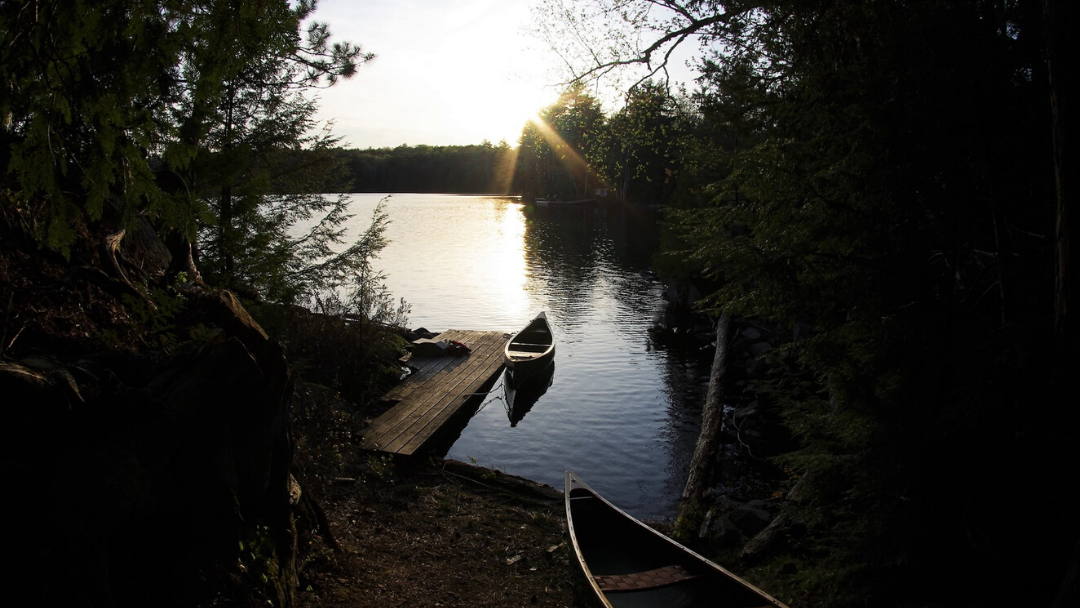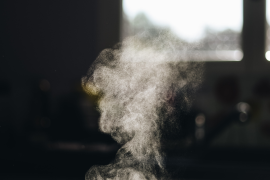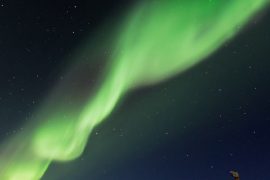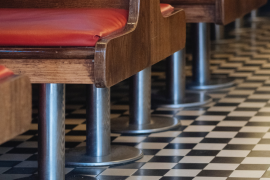THE OLD MAN MAMORU WAS ON HIS BOAT IN YOKOHAMA WHEN TOSHIRO YELLED AT HIM.
Oy, old man where are you going?
Sailing north, he replied.
Toshiro pointed at the harbor perching black birds. A storm was coming. The old man smiled and continued putting together nets and cages. He fished takifugu. They had since swam for cooler waters. His son Kano’s hand was small when they walked together to the pier. When Kano was a boy, he brought a rubber fugu with him and liked running the toy through the water before they sailed. Kano used to like going on his boat. His wife Mitsuko would pack lunch for them to eat out in the water as they waited for fish.
Mamoru sailed past the power plant near the coast’s green rolling forests, past Mount Osore, the Mountain of Dread. His boat bobbed alone in the Tsugaru straits at noon. Hokkaido to the north. The clouds, hints of winter. Mamoru opened his lunch box.
When he finished lunch, a pain crossed his chest. He found it hard to breathe for a moment. Junzo, his son’s co-worker at the Fukushima Daiichi nuclear plant, died of lung cancer the previous month. Radiation exposure. The waves rolled, constant. Mamoru pulled up his cages from the water and found no fish, neither heaven, nor hell.
The colors purchased around evening. Sky leaking red. Rain. Mamoru reeled ropes he had never touched in years. Under the rope, the rubber fugu. He squeezed it in his fist, the way he had clenched his fist at Kano, a father himself then, when they had argued.
Kano’s eyes had shone with the atomic fire of Fukushima Daiichi. Mamoru saw himself walking in his once home, the city. During the time when the emperor was divine.
He had just bade goodbye to his father. He had noticed a blackwinged stilt on the way to school. A piercing whistle. Hatched from a little boy, seeded by men becoming death. A plume reaching the heavens. A white light holding him in place. His shadow stretching to motes of nothingness.
Don—a loud booming.
Searing heat branded his neck. When all faded, Mamoru emerged from underneath rubble and fallen brick. He was blind. No, the color had been erased. The stilt stalked the ruins beside him, before it lifted. And with it, his soul over what had been his once home—Hiroshima.
“You can not take that job,” Mamoru ordered.
“I must provide for my family,” Kano said.
Mamoru flung the rubber Fugu at the boy. It struck Kano’s hand, bounced along the boat.
Years went. Mitsuko passed in her sleep the previous year. Sometimes he would look at it and remember. So he buried it under ropes, cages, and the sea, which became his life. The waves his shelter.
Those same waves turned the year before. Risen onto land with many hands, pulled a young nuclear plant technician out to sea.
Mamoru imagined this person adrift with the currents, perhaps one day he would find him. For the time being, he grabbed the fugu and held it in his hand. The old fisherman let the soft rain curtain draw over him.
Like what you’re reading?
Get new stories or poetry sent to your inbox. Drop your email below to start >>>
OR grab a print issue
Stories, poems and essays in a beautifully designed magazine you can hold in your hands.
GO TO ISSUESNEW book release
I’ll Tell You a Love Story by Couri Johnson. Order the book of which Tim Jeffries said, “Surprising in their originality, filled with broken wisdom, and with a refreshing use of language and imagery, these are stories to savour and mull over one at a time but which add up to a satisfying whole.”
GET THE BOOK



